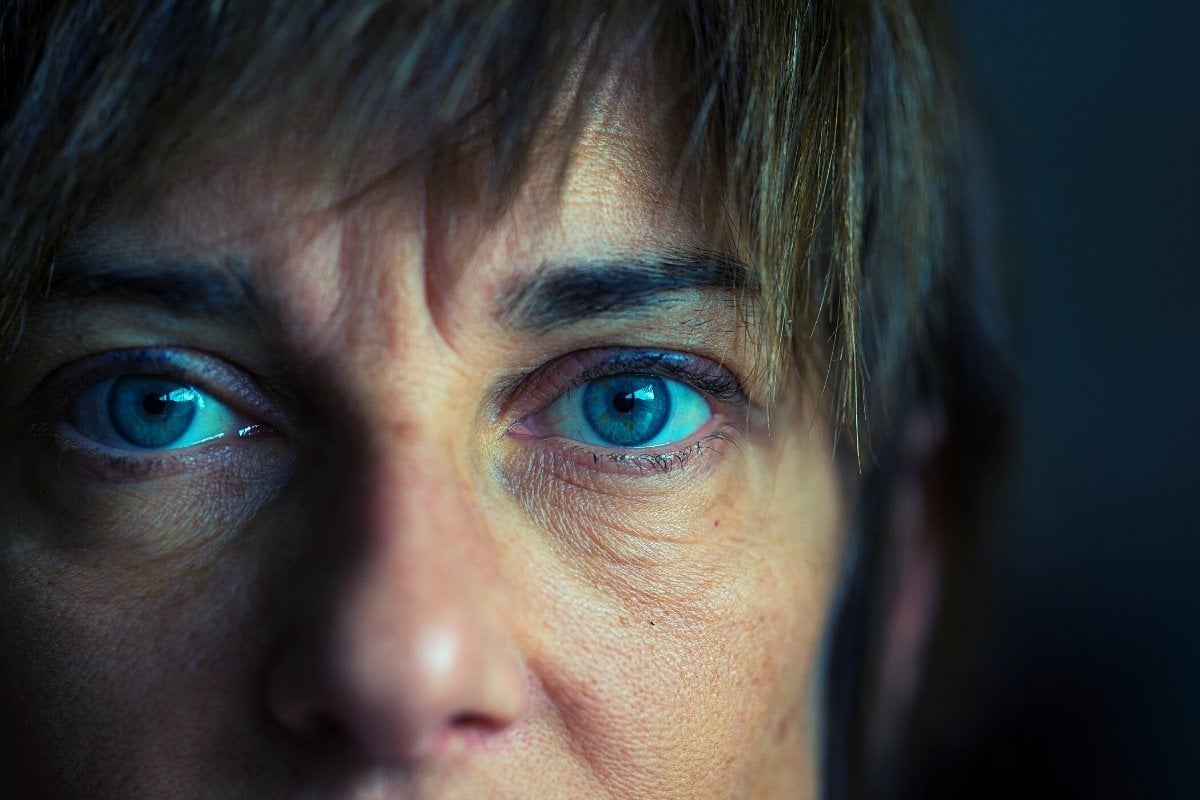
Warning: the following contains descriptions of sexual assault and suicidal ideation.
When a person makes allegations of historic sexual harassment or assault through the media, the same questions follow. In comments sections. In social media threads. In households, and among friendship groups.
Why didn't she speak up at the time? Why now? Why did she tell the media and not the police?
We've heard these questions asked of survivors again and again, often with thinly veiled suspicion. Be it of the Hollywood stars who exposed the predation of producer Harvey Weinstein in 2017, or of former Liberal staffer Brittany Higgins who came forward this month with allegations she was raped by a parliamentary colleague.
Each time the answer has been different and, invariably, complicated.
Watch: Violence and women, the overlooked numbers.
Research points to three main reasons why women don't contact police: internalised shame, doubt about the seriousness of the incident, and a belief they could deal with it themselves.
Throw into that the tangle of other factors (such as their relationship to the perpetrator, the impact on their career and finances, lack of concrete evidence), and it's little wonder that only 50 per cent of women survivors seek advice or support of any kind. Of those, only one in six approach police.

Top Comments